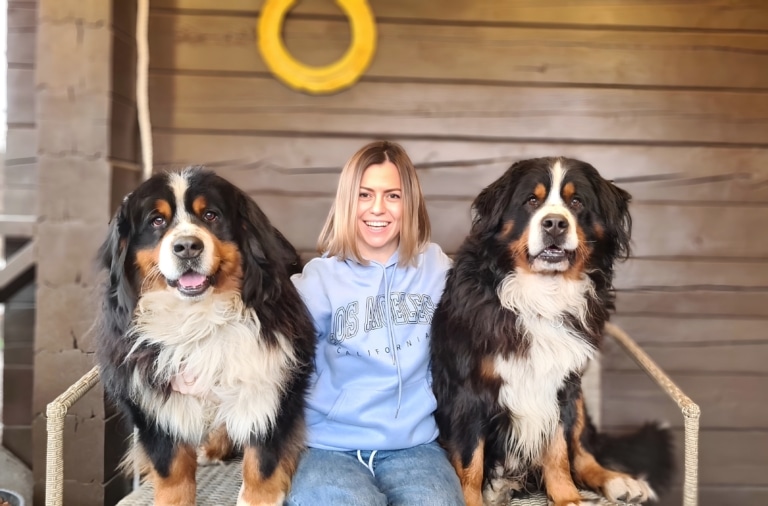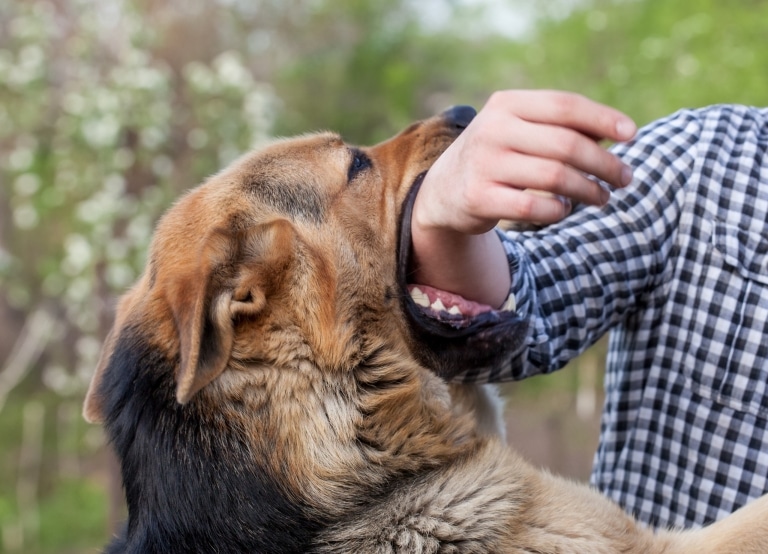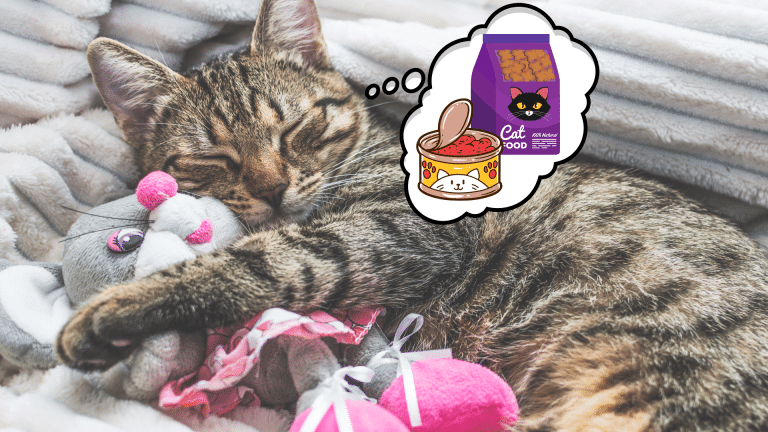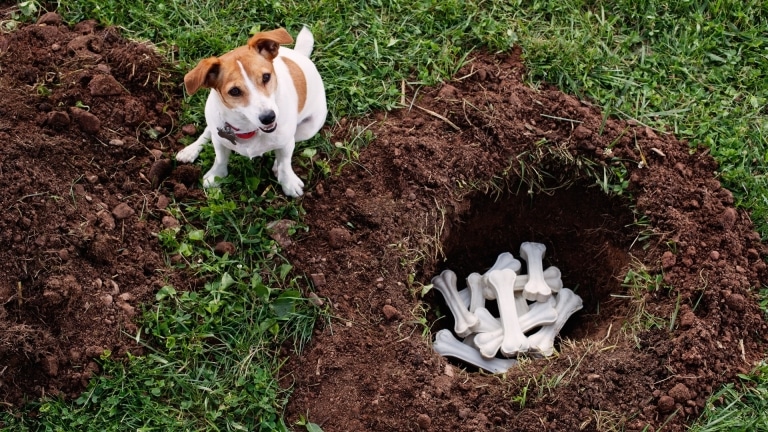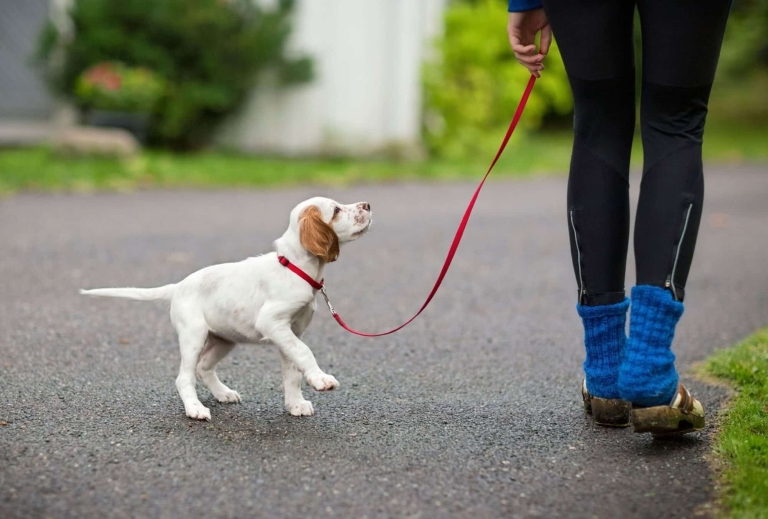Picturesque Alpine meadows with green hills and snow-capped peaks have been home to powerful dogs with luxurious tricolor coats for centuries. We are talking about Bernese Mountain Dogs, the reliable helpers of Swiss farmers. Today, they no longer work on farms but remain just as loyal and hardworking. They become part of the family, accompany their owners on hikes, play with children, and attentively observe everything happening around them.
What makes Bernese Mountain Dogs so special? How should their coat be properly cared for? What personality and health traits should be considered? Let’s learn more about these fluffy giants.
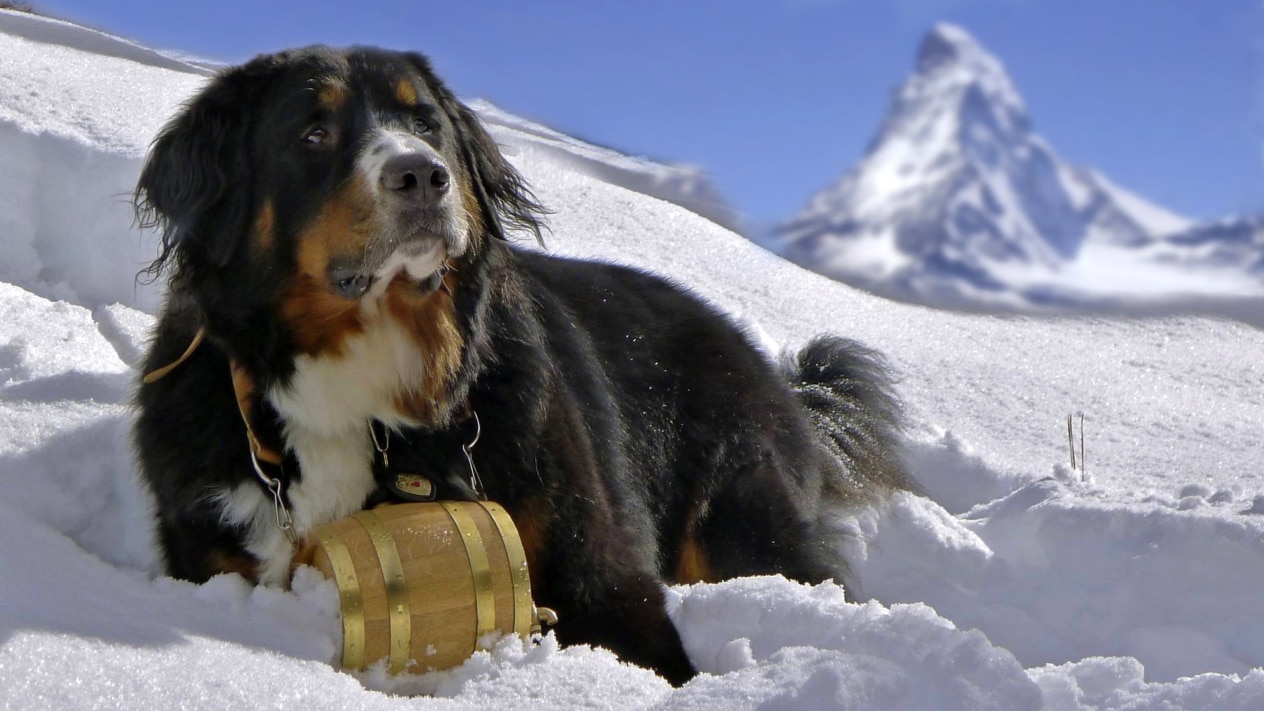
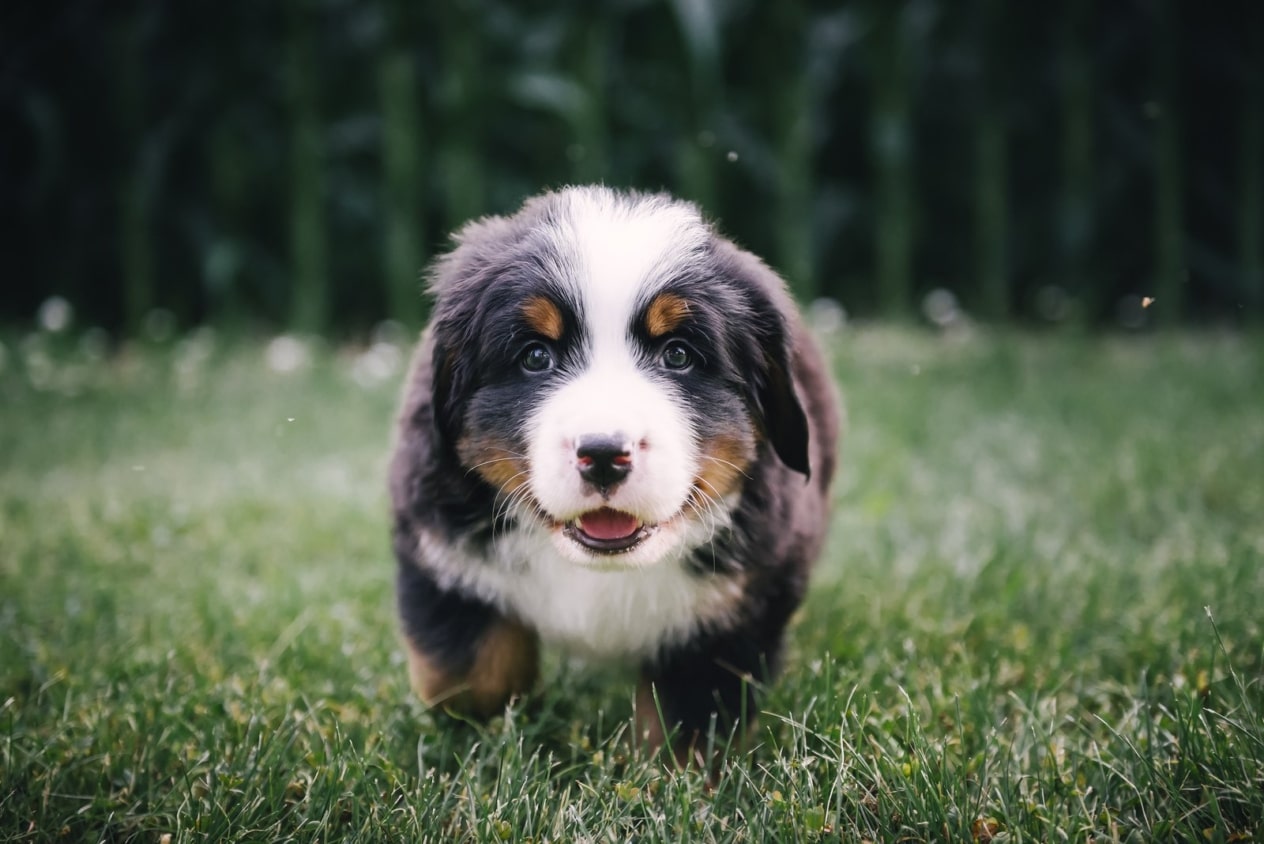
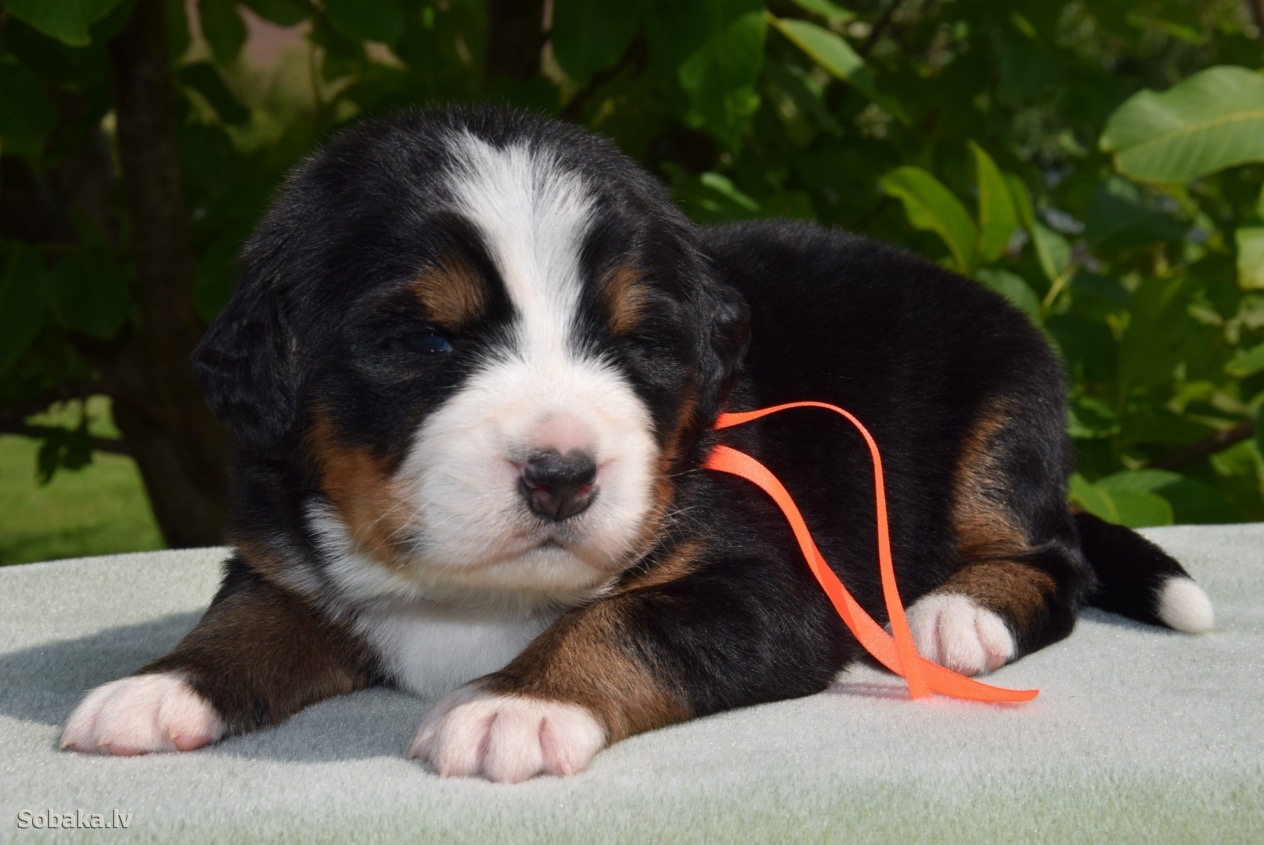
History of the Bernese Mountain Dog
The Bernese Mountain Dog originates from the canton of Bern in Switzerland, which is how it got its name. Originally, these dogs were used for herding cattle, guarding farms from wild animals and unwanted guests, and even as draft animals for transporting milk, cheese, and other goods.
Although Bernese Mountain Dogs had been working on farms for centuries, their official history as a breed only began in the late 19th century, when cynology began to develop actively in Europe. During this time, enthusiasts worked to preserve the working qualities of the breed and establish breed standards.
By 1907, the first breed club was established in Switzerland, and 20 years later, these dogs made their way to the United States and other countries. The Bernese Mountain Dog was officially recognized by the International Cynological Organization in 1954.
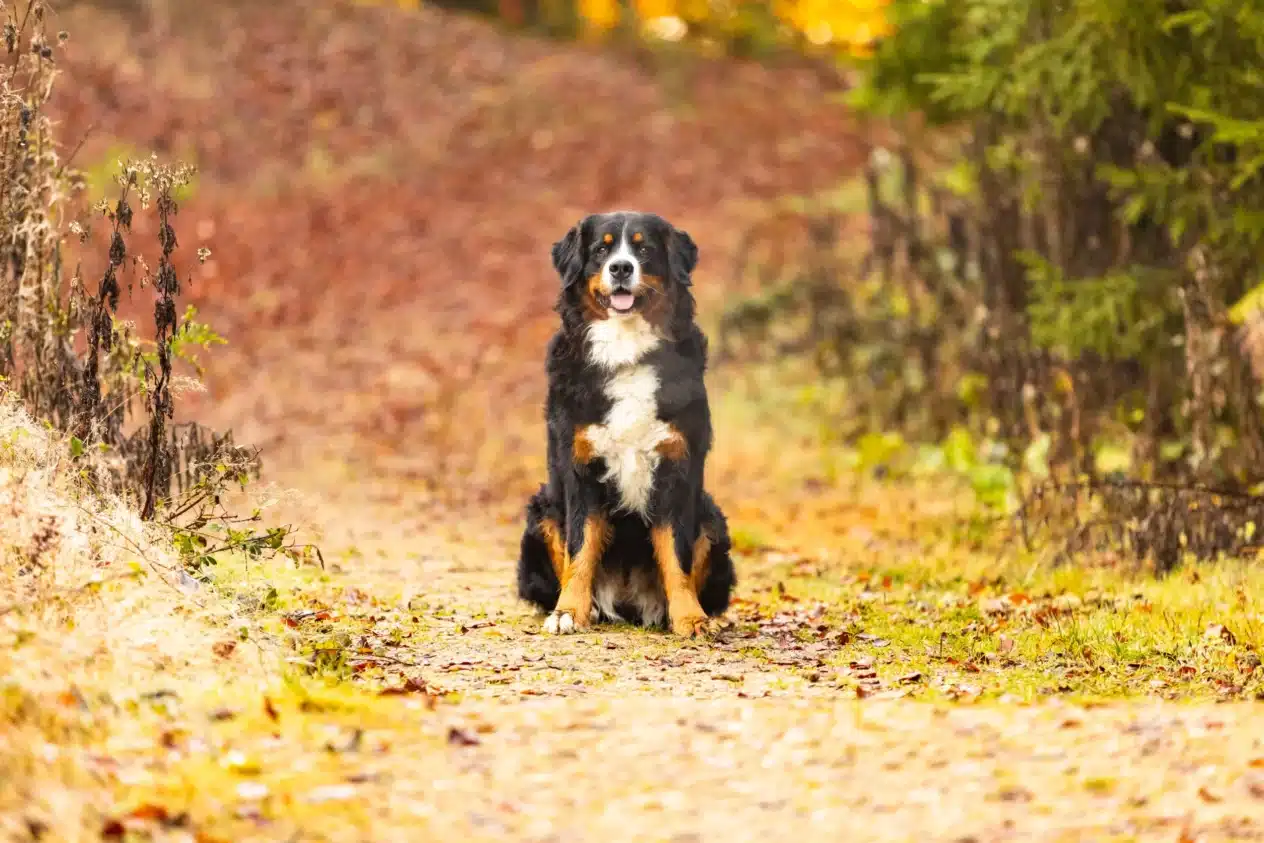
Appearance of the Bernese Mountain Dog
The Bernese Mountain Dog is a large and well-built breed, with an average weight of 40–50 kg and a height at the withers of 58–70 cm.
One of the most recognizable features of the breed is its long, thick, tricolor coat. The primary color is a deep black, complemented by rust-colored markings and white patches. If the amount of white or rust in the coat exceeds or falls short of the breed standard, it is considered a fault and disqualifies the dog from participating in shows.
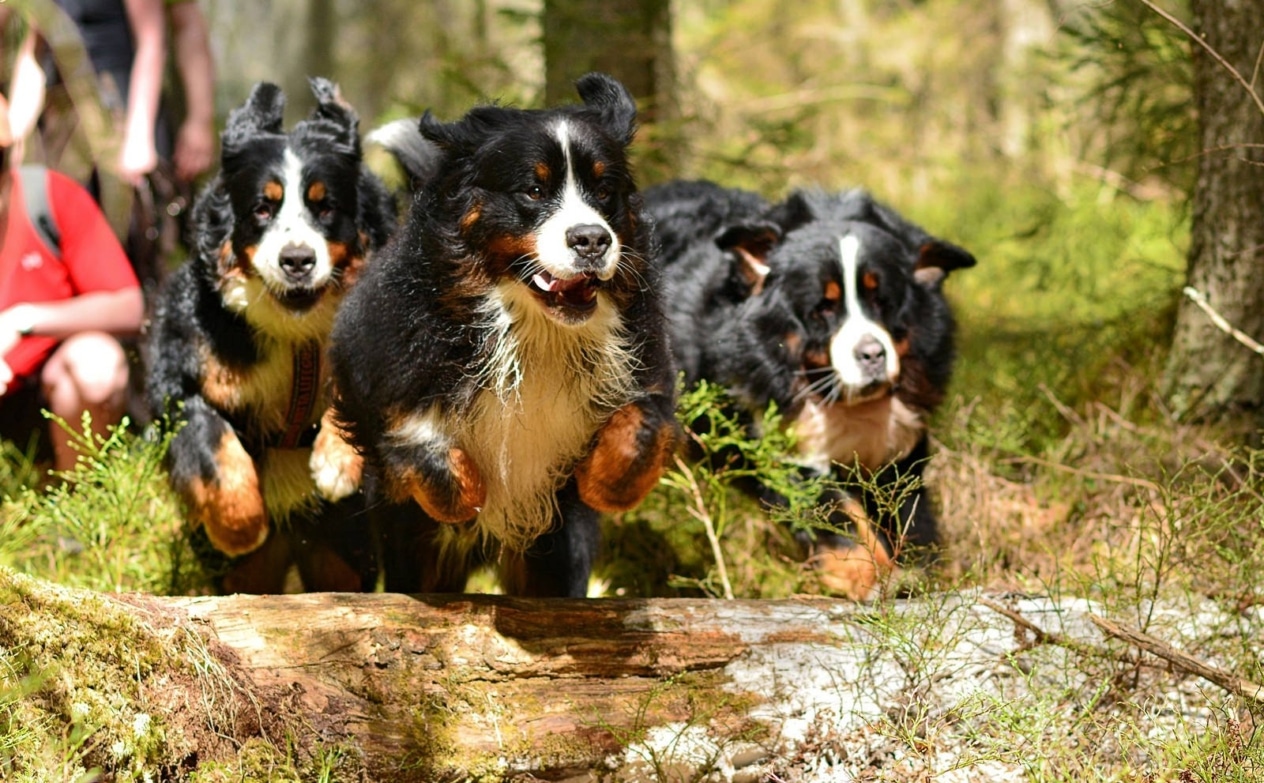
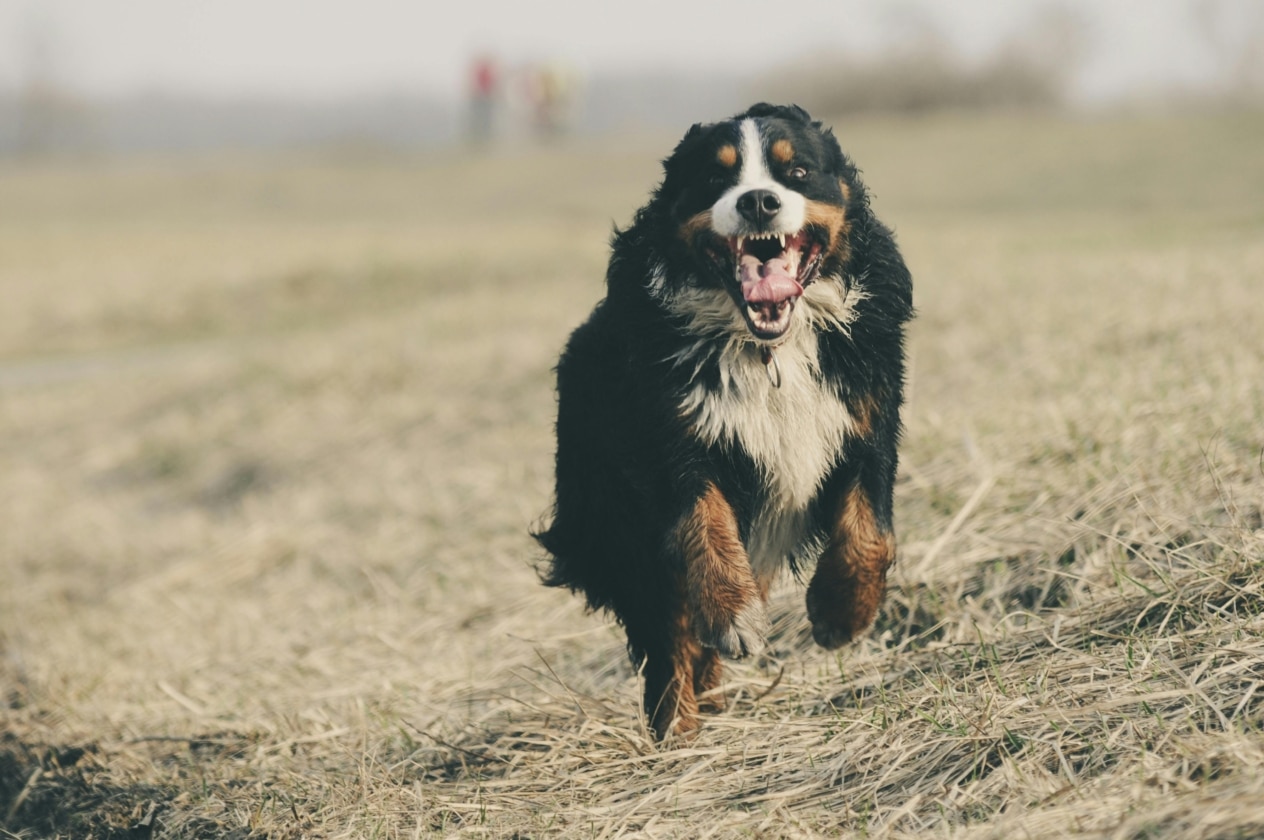
Temperament of the Bernese Mountain Dog
Despite its strong and powerful appearance, this breed has a surprisingly gentle and friendly nature. If you’re looking for a family pet, the Bernese Mountain Dog is one of the best choices, and here’s why:
- It is affectionate, patient, and gets along well with other dogs, cats, and children.
- It forms a strong bond with its family and is highly attuned to people’s emotions, especially when raised from puppyhood.
- It enjoys human interaction and companionship.
- It is not prone to aggression, hyperactivity, or excessive noise.
- It is intelligent and easy to train.
Additionally, the Bernese Mountain Dog needs to be close to its family at all times. It does not enjoy being left alone and will express its displeasure. Its stubbornness is another trait to consider, making early training and socialization essential.
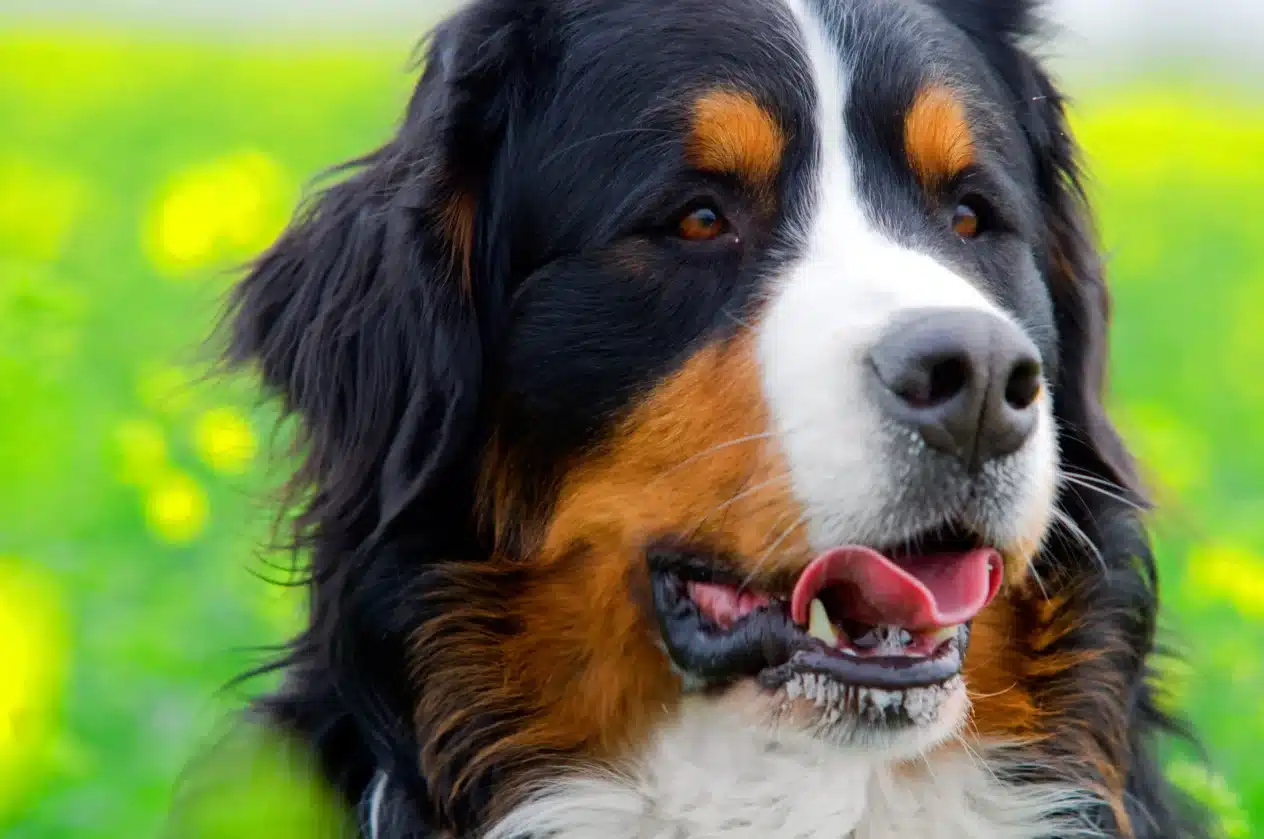
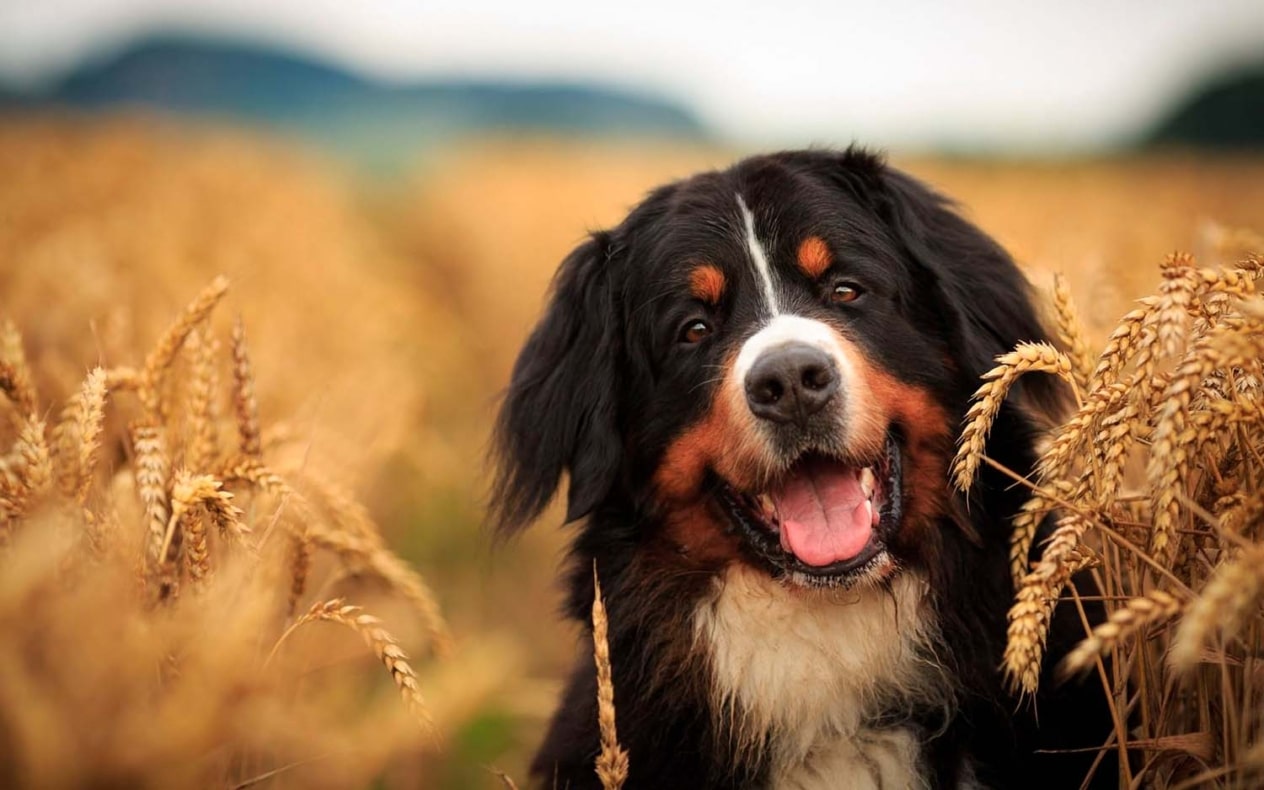
Bernese Mountain Dog Care
The quality and length of your pet’s life depend on how well you care for them, how much attention you give, and how you spend time together. Make sure your dog receives proper nutrition, regular exercise, good health care, and proper grooming.
Nutrition. Bernese Mountain Dogs are prone to weight gain, so their diet must be well-balanced. If you choose dry food, that’s great. If you prefer natural products, that’s also fine. Just ensure your dog gets enough lean meat, vegetables, grains, and supplements for joints, coat, and overall well-being. Avoid sweets, fried, smoked, and fatty foods, as well as bones, which dogs love but can pose a choking hazard or damage the intestines.
Exercise. Due to their large size and energy levels, Bernese Mountain Dogs require moderate physical activity. To keep your dog happy and prevent destructive behavior at home, provide at least 1.5–2 hours of daily walks. During this time, play outdoors, go for slow jogs, and explore new parks and forests. However, because of their thick undercoat, they can overheat in summer, so it’s best to schedule activities during cooler parts of the day.
Health. Because of their large build, Bernese Mountain Dogs are prone to joint problems. Hip dysplasia is quite common, especially in older dogs. They are also at risk for heart diseases, such as cardiomyopathy, and cancer, as the breed has a genetic predisposition. Avoid self-medication—always consult a veterinarian for any health concerns, attend annual check-ups, and keep up with vaccinations. With proper care, your Bernese Mountain Dog can live a happy 7–10 years or even longer.
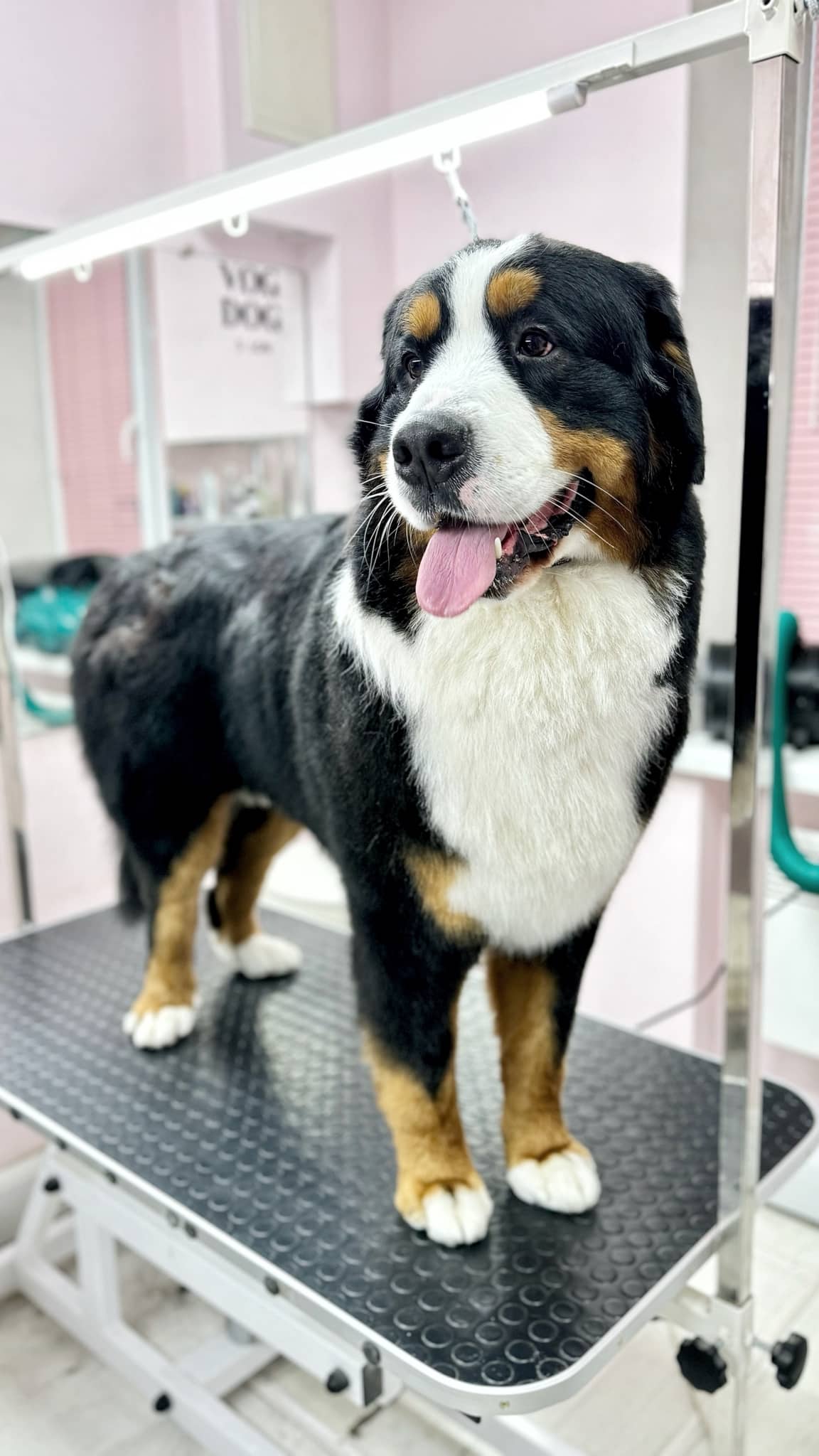

Bernese Mountain Dog Grooming
Due to their long coat with a dense undercoat, Bernese Mountain Dog owners often struggle with tangles and heavy shedding. To manage this, it’s important to regularly dedicate time to grooming, which includes several essential procedures.
- Nail trimming. If your dog walks frequently on pavement, their nails may wear down naturally. However, trimming them every 3–4 weeks is still necessary to prevent injuries.
- Ear cleaning. Check and clean the ears weekly to prevent infections.
- Eye care. Wipe the eyes with a damp cloth or special lotion if needed.
- Teeth brushing. Brushing your dog’s teeth 2–3 times a week helps prevent tartar buildup and periodontal disease, which can affect heart health.
- Coat brushing. Brushing three times a week reduces shedding and prevents tangles. Pay special attention to areas behind the ears, chest, and belly. If you don’t have time for frequent brushing, professional grooming every few months will make maintenance easier.
- Bathing. Bernese Mountain Dogs have sensitive skin, so avoid frequent baths. Use hypoallergenic shampoos without harsh chemicals. Bathing once every two months is enough unless the coat gets excessively dirty. After bathing, always dry your dog thoroughly with a blow dryer to prevent fungal infections.
If you want your Bernese Mountain Dog to always look perfect, we invite you to V.O.G DOG SALON. Our groomers know how to make grooming a comfortable and pleasant experience, even for the fluffiest clients!
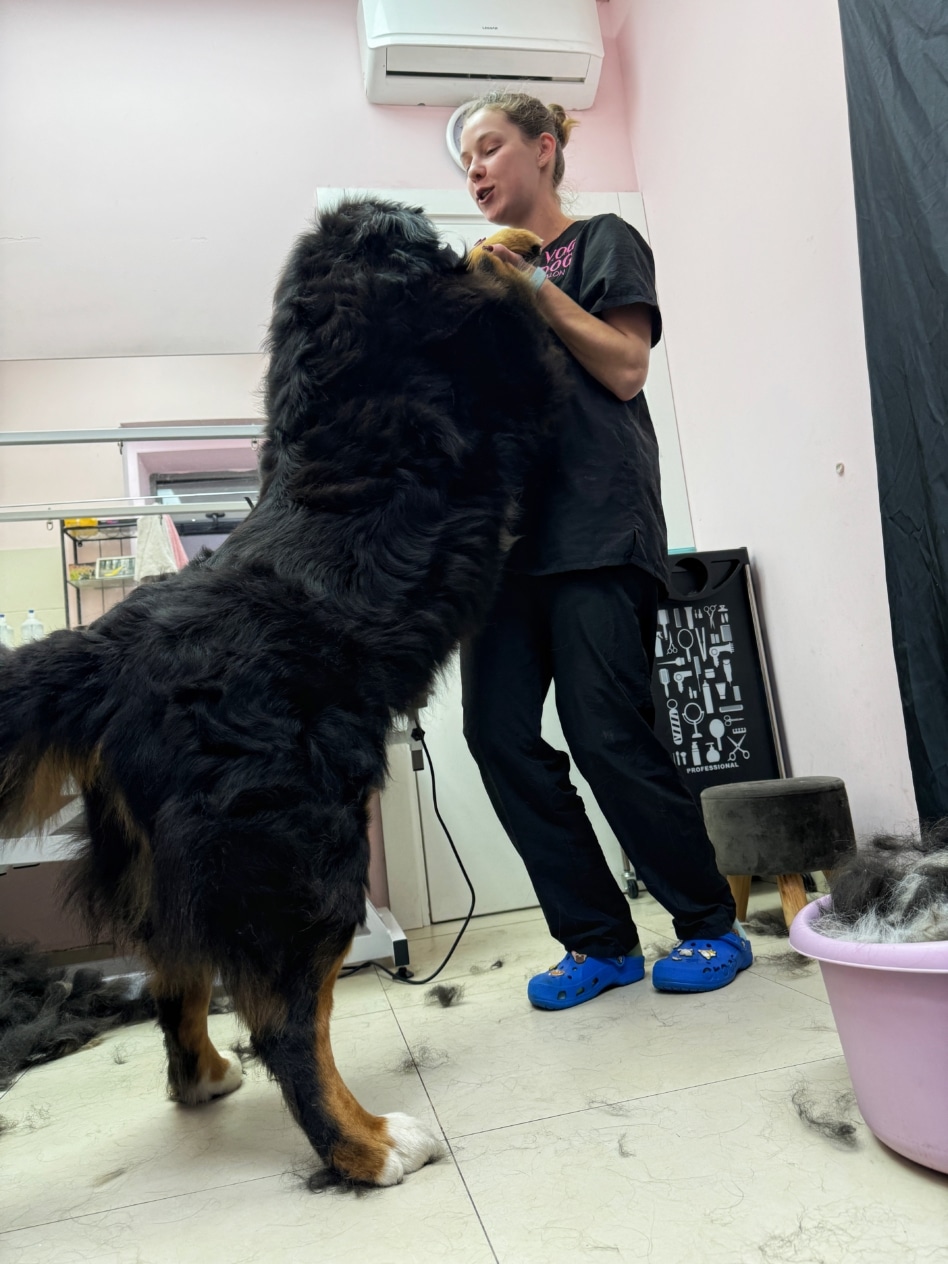
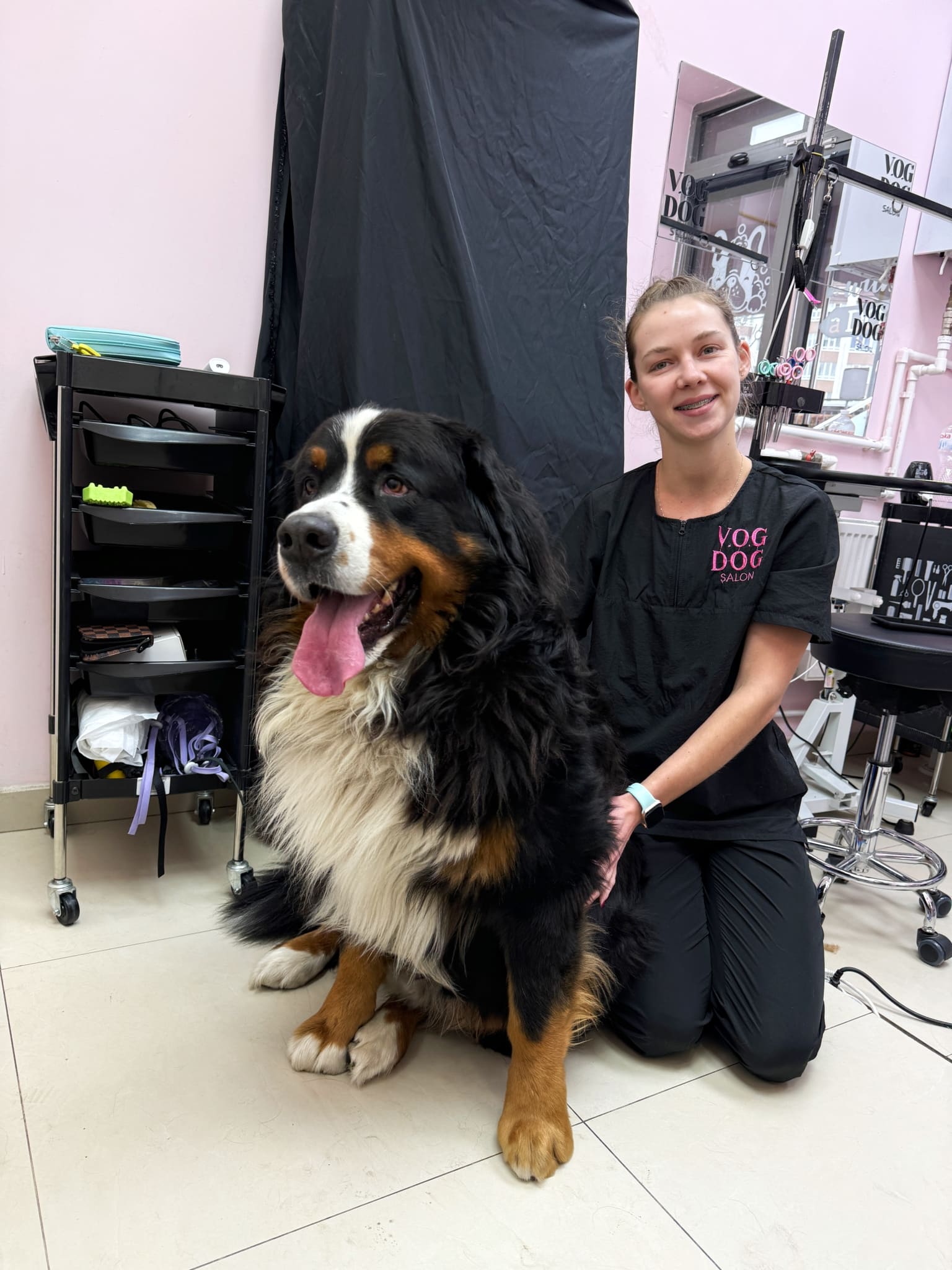
Conclusion
The Bernese Mountain Dog is a great choice for active families and individuals willing to dedicate time to its training and care. This large, strong, and intelligent breed gets along well with children, learns easily, and enjoys being close to its owner. However, it’s important to consider that these dogs dislike being left alone, require ample space, and need regular physical activity. Their thick coat demands consistent grooming, and they are genetically predisposed to certain health issues, including cancer. Before bringing one home, it’s essential to assess your capabilities and living conditions. If you are ready for the responsibility and can provide proper care, a Bernese Mountain Dog will be a loyal companion for life.


